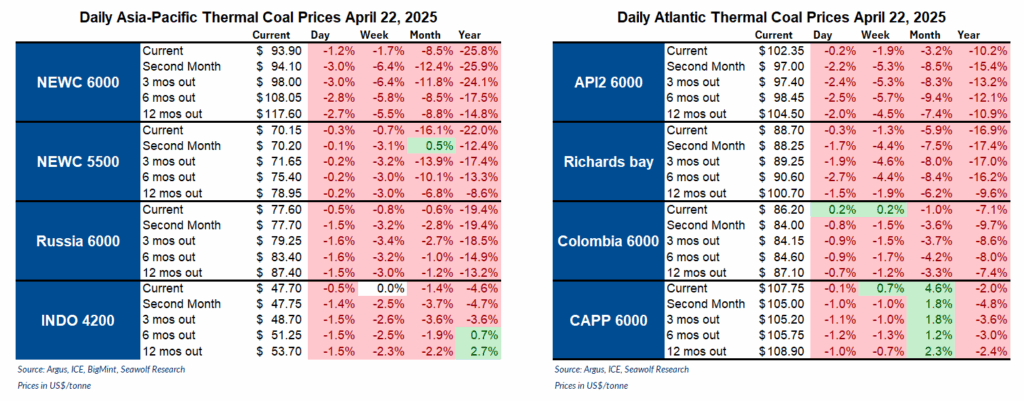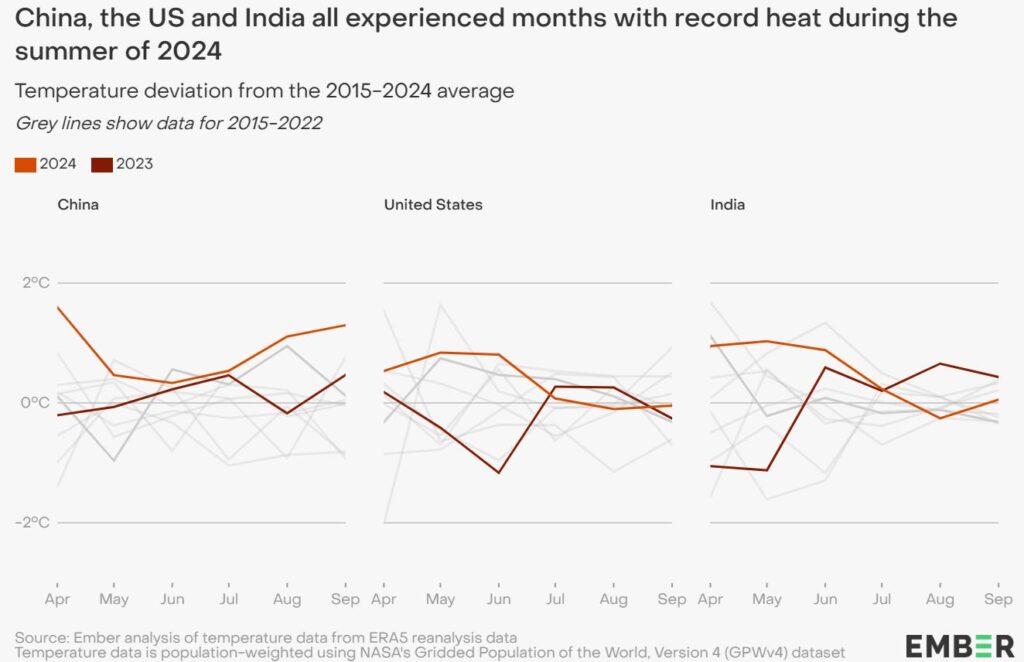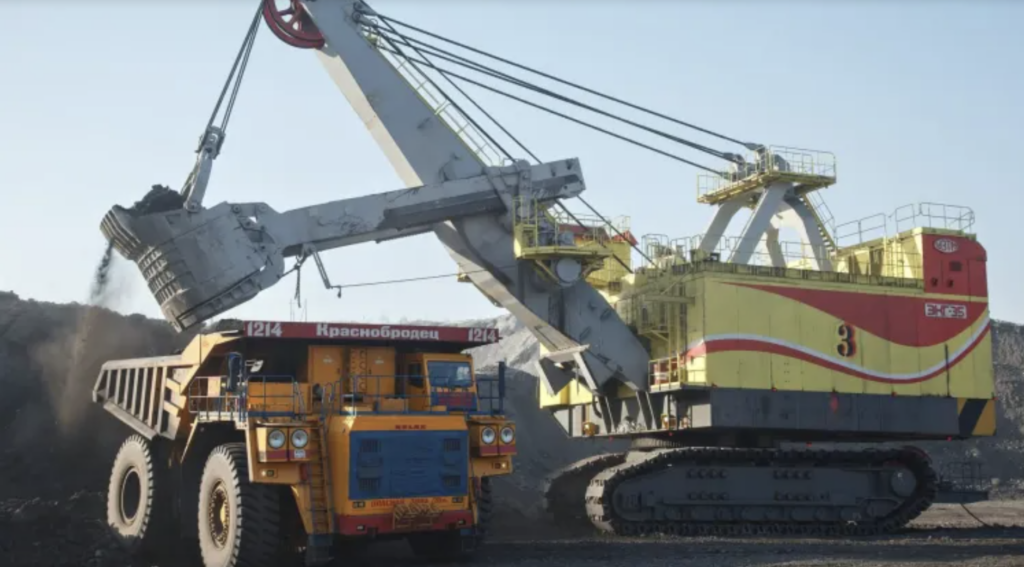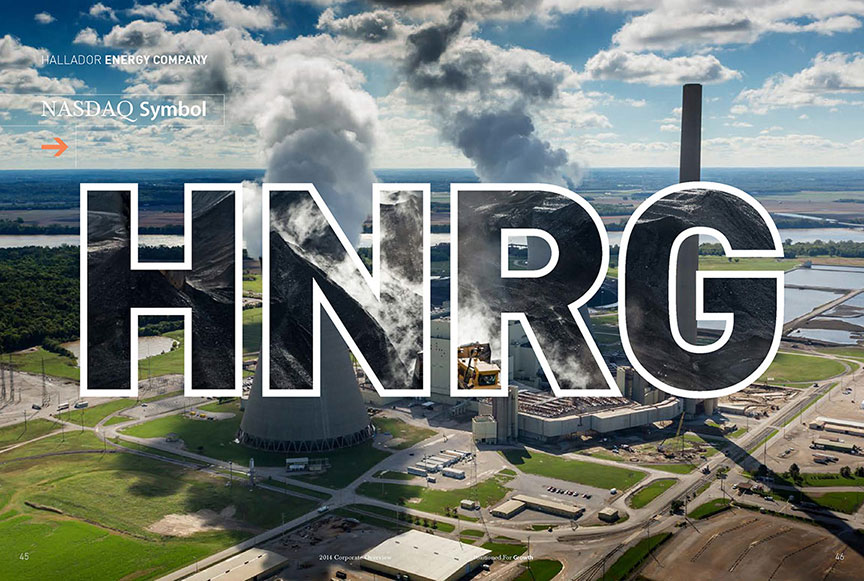Asian benchmark LNG prices were edging higher in the week to Thursday amid robust regional spot demand, though Pacific bellwether coal prices weakened.
Asia’s front-month JKM LNG contract, now for May, edged up USD 0.09 over the week to settle on Wednesday at USD 9.59/MMbtu (EUR 30.13/MWh) but it was still below the USD 9.88/MMbtu it was trading at when it rolled over nearly a month ago.
Spot LNG demand remained strong amid restocking and cooling needs as a heatwave affected southeast Asia, said a China-based LNG trader.
However, rising prices could deter more buying, he added.
Muted China
“At this price level no small [Chinese] buyers [are] buying now. I think people may consider selling if prices keeps going up.”
“Gas demand stemming from China is limited at current price levels, with most importers finding supply economically unattractive unless they can buy spot volume at below USD 9/MMBtu,” said Rystad Energy in a note.
However, Japanese utilities “have some incentive to buy spot LNG as most long-term contracts are over USD 10/MMBtu”, said senior Rystad analyst Masanori Odaka.
Meanwhile, the price arbitrage to Asia remained open, “meaning that suppliers of US-origin LNG will likely try to market their volume into Asia rather than Europe”.
Asian demand for LNG was likely to edge up 2% this week to 5.5m tonnes (7.4bcm), with arrivals higher month on month, according to preliminary Kpler ship-tracking data.
In the month to date, LNG supply has increased 2% from the same period in March. LNG imports have historically dropped in April.
March imports also hit a record high for the month, the data showed.
The heatwave could keep driving LNG demand in the region, though the appetite would be limited from Chinese buyers amid high coal stocks, said the trader.
“Coal supply is very healthy in China this year, which is different from 2021.”
Coal decline
In coal trading, meanwhile, broker Global Coal’s Newcastle (Australia) index, a Pacific-basin reference price for high-grade coal, was last assessed at USD 126.59/t, down USD 3.01 on the week.
Concerns regarding disruptions to US coal exports to Asia, in the wake of a bridge collapse last month at the country’s second-largest coal port in Baltimore, were also beginning to subside, amid ample alternative supply, analysts said.
“[Nevertheless], the impact of the Baltimore bridge collapse is clear to see,” said Toby Hassall, lead coal analyst at LSEG, adding total exports from the US in the first seven days of April slumped 28% on the year to 1.3m tonnes.
By Andrés Cala, Laurence Walker










